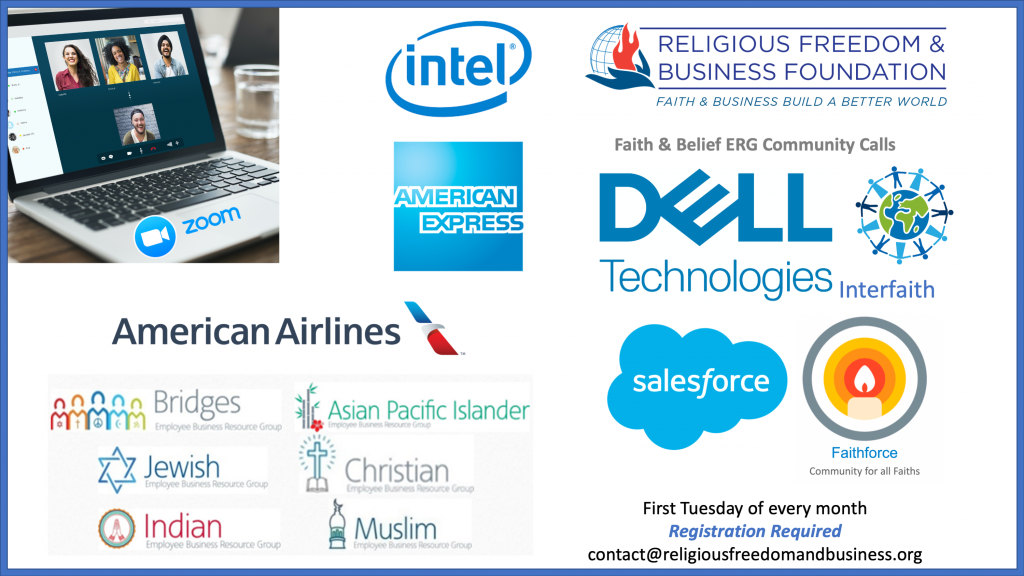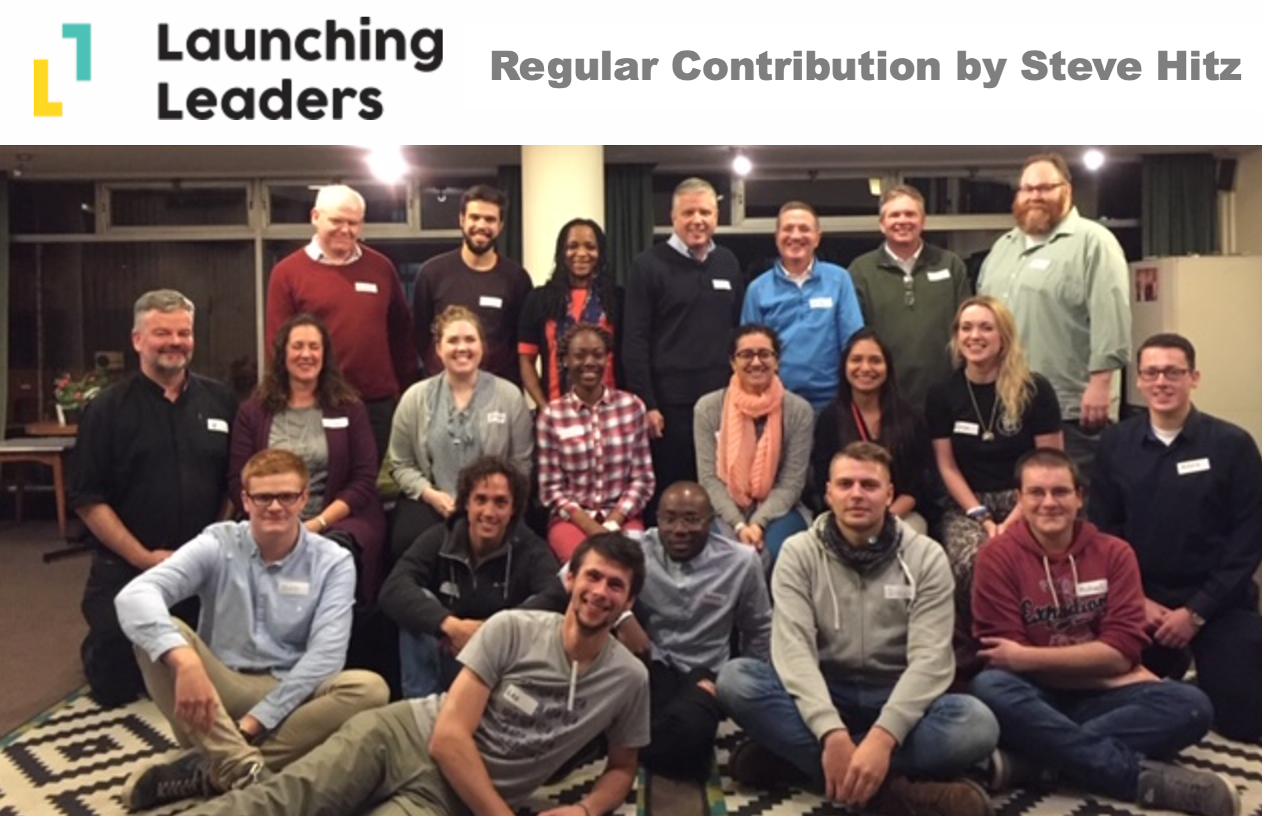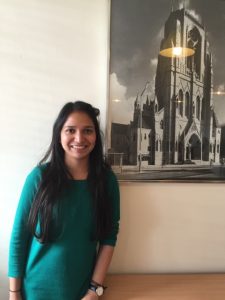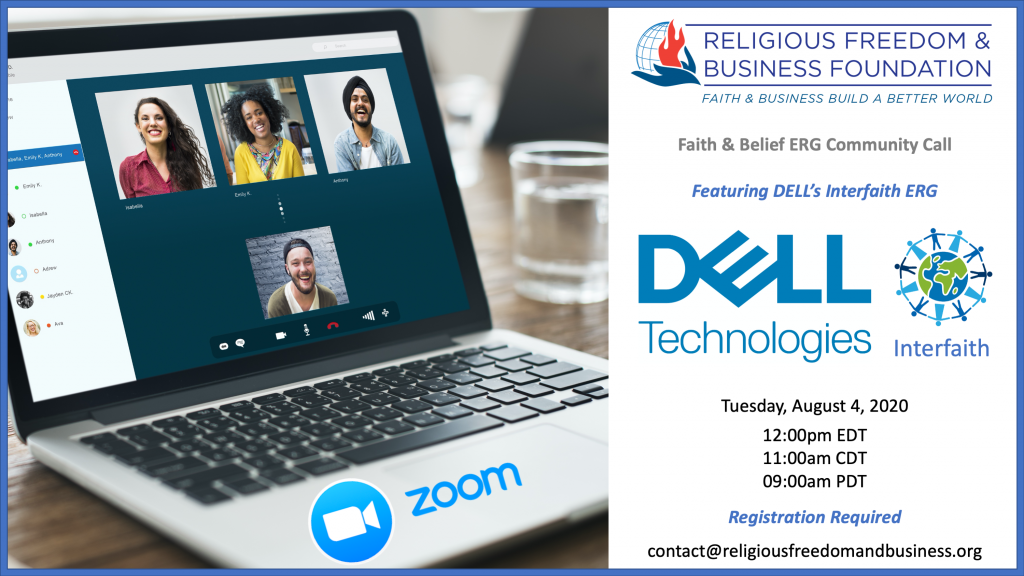
Protect the “Space of Faith” — Be patient while thoughts move from inspiration to action in yourself and others.
By Steve Hitz
Steve Hitz is a founding partner of Launching Leaders Worldwide. LLWW and RFBF have engaged participants in 29 countries on six continents thru a faith-based personal leadership curriculum which empowers participants everywhere. Steve contributes regularly to RFBF online.
The freedom to choose your own path, have it directed by thoughts you have pondered, and implement those thoughts without coercion, is an essential human need and right. We, of course, see various versions of how this might be imagined, but at the heart is the freedom to act upon what is believed. Generations that have gone before have risked everything to follow this hope of freedom and to exercise their liberties.
The ability to question is integral to liberty, including questioning some interpretations of our own history. However, in some of today’s “cancel culture wars”, opposing ideas are met with retribution, dissociation, and even harm. This is causing many to not publicly express their views and thought processes. This coercion (or bullying) is really a way for those with opposing views to limit others’ liberties. This limitation of freedom by the few is damming the hopes of the many. These situations light the sparks of revolution.
Isn’t it ironic that the liberty to choose, which was born by a revolution, makes a full circle to now oppose the views that revolution fought for. What caused this to morph? How do we get beyond it?
I witnessed a simple exchange recently that gave me pause. My grown son, David, spent an afternoon with his brother on his boat. David, who is talented on a wake board, “cleared the wake” on a jump. Later that same day David explained this event in all its glory to his brother’s boys (my grandsons), ages five and seven (pictured), in response to their question of how his day had gone.
 The seven-year-old said “You did what? I don’t believe you.”
The seven-year-old said “You did what? I don’t believe you.”
The five-year-old said, “I believe you.”
That was the essence of this simple conversation. The one brother didn’t try to quash the other’s opinion—it was very simple, one believed, and one did not. One chose to believe a story and one did not. Of course, a video proof was introduced that then caused the non-believing nephew to re-evaluate his position.
This process of believing or not — the opportunity to believe without being oppressed or judged for that belief — is the essence of freedom. Such is the foundation also of religious freedom, which ought to encourage the voices of many to be accepting of the differences in these voices, peacefully and without fear of retribution.
Perhaps one remedy to consider in how to preserve and even re-establish liberty is to ponder what I call “The Space of Faith.” Most would agree that we all receive inspiration from time to time on how one’s life should be lived—the path we choose and walk. There is a time between when the inspiration comes to when it is acted upon. This is what I call “The Space of Faith.” Moving forward with an idea or impression requires one to act without knowing the exact outcome. This is what faith is all about. When this space is free from oppression by others, it allows one to live into the inspiration they received. Allowing everyone this space of faith, reduces knee-jerk reactions or judgements as to how others see their lives unfolding.
It is in this space that liberty must exist. During this space is proof of concept, so to speak, when faith is replaced by belief—belief that the inspiration received will lead to a more joyful and productive life. This is the space in which we think through our views and re-adjust our thinking as more is learned (like the video of David jumping a wake).
Let me invite you to ponder three ideas to this to help preserve the divine gift of liberty and to simply believe:
1. Believe that others have valued opinions too. The whole idea of “peaceful” protests is to offer up opinions. It isn’t to see who has the biggest megaphone. The two little boys who simply had differing opinions—one believing and one not—can be a pattern to allow everyone’s liberty to thrive.
2. Celebrate seekers. Diligent inquiry into what or who is truth. This is essential for everyone to arrive at a set of values that can coexist peacefully. We can join the seekers, or we can judge their ideology. We ought not to try to cancel or “ghost” anyone’s opportunity to discover and seek the path they are inspired toward.
3. Protect “The Space of Faith.” While everyone decides how to act upon inspiration received, don’t smother the sparks that can change the world for good. Be patient while thoughts move from inspiration to action in yourself and others.
In conclusion, let me share something I learned in my recent readings. One hundred and twenty-four years before the Constitution of the United States was written, a document called the Flushing Remonstrance was written where thirty residents of a small Dutch settlement in Queens, New York, produced a charter for Roger Williams’ Colony of Rhode Island, which reads:
… no person within the said colony, at any time hereafter shall be any wise molested, punished, disquieted, or called in question, for any differences in opinion in matters of religion, and do not actually disturb the civil peace of our said colony; but that all and every person and persons may, from time to time, and at all times hereafter, freely and fully have and enjoy his and their own judgments and consciences … (Rhode Island Royal Charter, 1663).
Such is the essence of liberty and religious liberty. May we all respect “The Space of Faith” in which these necessary ideas are created. In a sense, we are all called to “jump the wake” and take leaps of faith forward, diligently seeking a better future. But perhaps the most challenging leap of all in the cancel culture wars is to celebrate seekers, believing that others with whom we disagree have valued opinions too. That’s at the heart of freedom of belief, conscience and religion.








 By
By 





